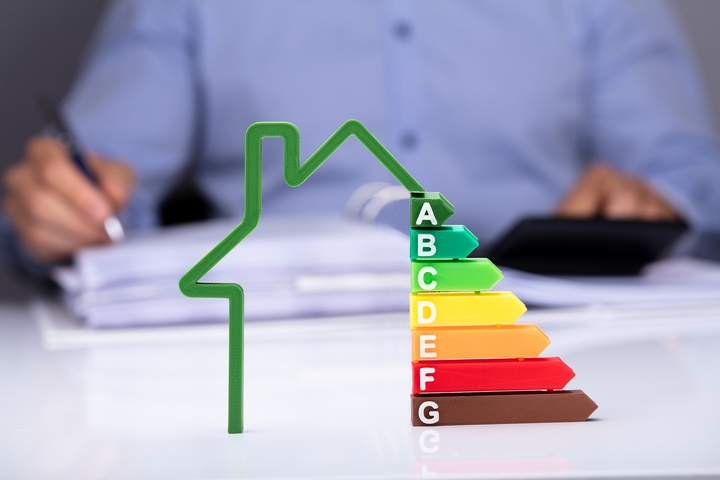
How to Improve Home Energy Efficiency Easily
You may not realize how much energy you use during a day, but chances are it’s a large amount and may not even be necessary. Most of the time, we don’t realize the amount of energy we utilize until we get the whopping electricity bills.
Being mindful of our consumption by changing this quantity could be beneficial for the environment and a real cost-saving endeavour. It is also far easier than it sounds! Since a lot of the energy we put in our homes is not being used for a large portion of our days, mindfully cutting down would not have much of an impact on our day-to-day lives and would entail more benefits than detriments.
Here are seven tips on improving your home energy efficiency and living more efficiently.
1. Make use of natural light
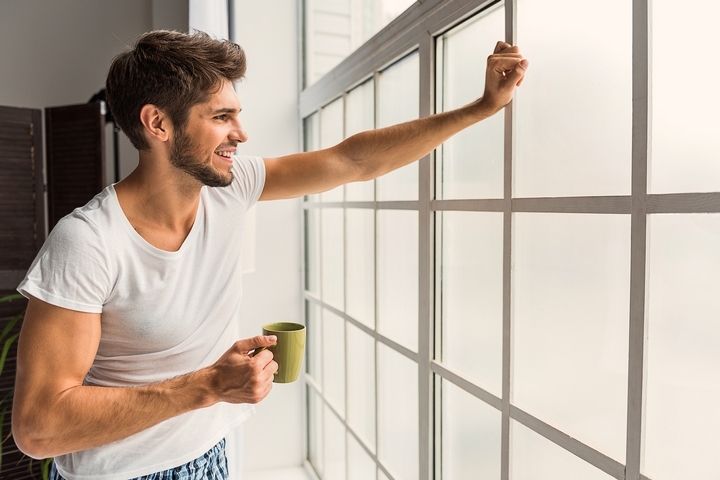
One way in which a lot of our house’s energy is wasted is via leaving on lights when they are not necessary or being used. We can reduce this avoidable waste by using natural light during the day.
If it is not too hot and temperatures permit you to, leave the blinds of your windows open when there is natural light outside and allow the warm glow to seep into your home. This way, you will feel less compelled to use your artificial lighting and be able to get your intake of Vitamin D!
2. Switch to LED bulbs
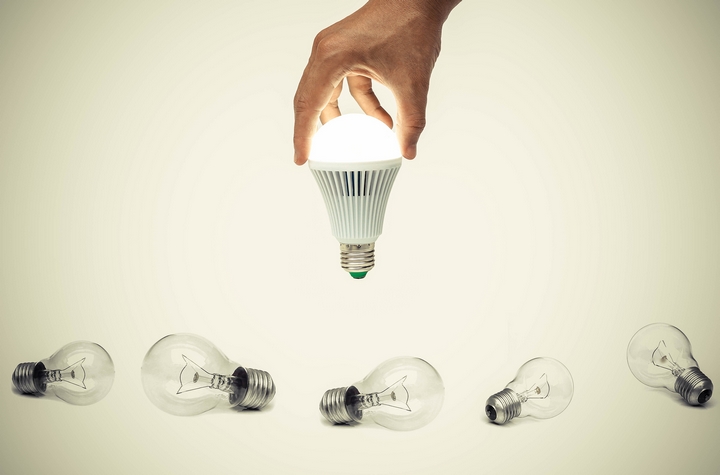
LED light bulbs utilize far less energy than the traditional light bulb by 75%! The wattage used is far less. They light up to their maximum potential almost instantaneously and barely take time to warm up.
In comparison, traditional light bulbs use far more energy and do not last long, making them useless and wasteful. Make the switch to LED bulbs and save on your electricity and money! Consult a residential electrician if you need more assistance.
3. Don’t leave appliances on or plugged in when they are not in use
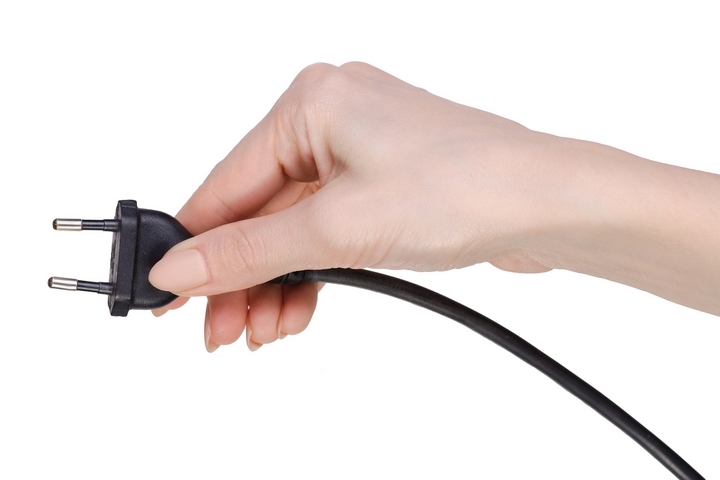
We commonly tend to let our chargers, microwaves, air conditioners or heaters, and several other appliances plugged in and left on even when we are not employing their benefits. This is yet another way we tend to use up a lot of energy in the household. However, as long as we avoid leaving things plugged in and switched on when they are not used, we can help make our home energy efficient!
This also includes leaving on lights in our house and certain rooms we are not physically in. Try to turn off the lights when you exit a room, so you do not leave it fully lit without anyone to enjoy its utilities.
Heavier appliances such as air conditioners, heaters, washing machines, microwaves, etc., should have extra care taken to ensure they are not left functional when not in use, as they use significantly more energy than smaller appliances.
4. Decrease the use of heavy appliances
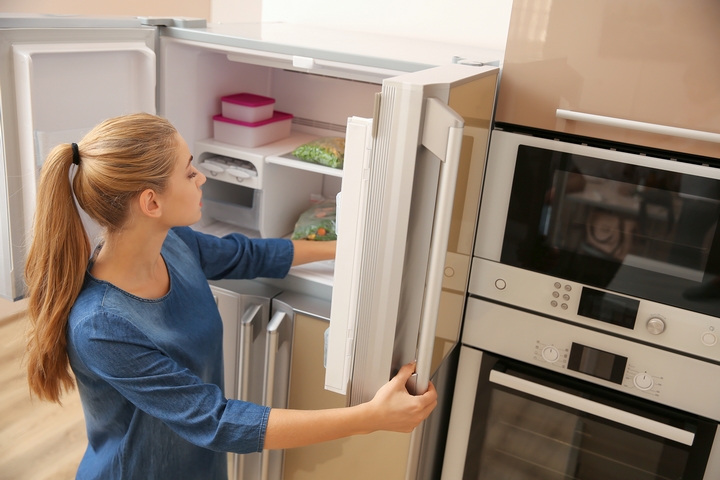
Switch out using your heavy appliances for smaller ones or none at all. For example, turn on your ceiling or wall fan instead of your air conditioner when attempting to cool down your room. While both do a fantastic job, a fan requires less energy since it is a smaller appliance. You could also use no appliances, such as air drying your clothing, rather than drying them in a dryer.
A dryer, being a heavy appliance, takes up too much energy. It could be saved by air drying one’s clothes on a clothing line or rack. While it does take slightly longer, it will benefit you and the quality of your clothes in the long run.
5. Use cold water to wash your clothes
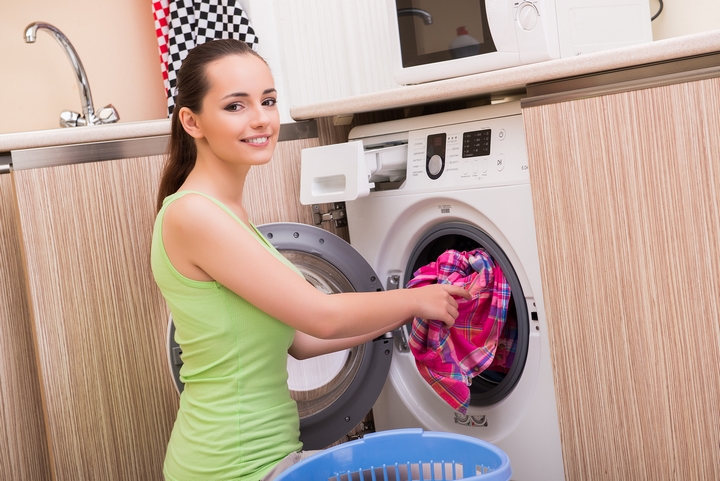
When doing laundry, consider washing your clothes using cold water instead of hot water. Hot water generates increased energy usage, while cold water generates less. This saves money and energy and is, once again, beneficial for maintaining the quality of your clothes.
6. Schedule your use of appliances
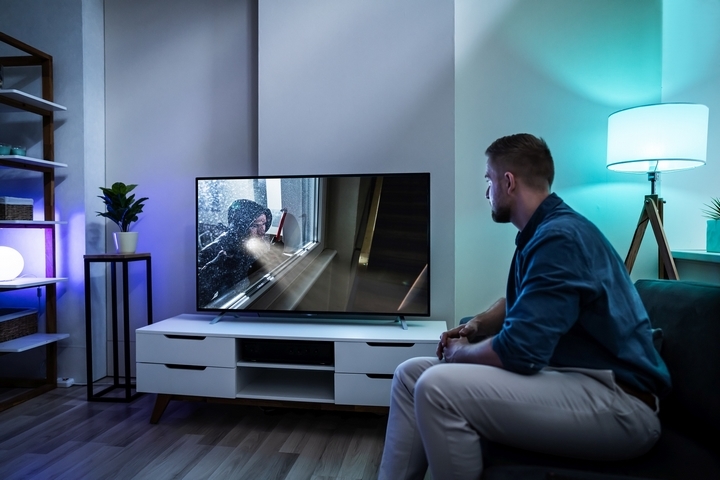
By scheduling when you turn on certain appliances, you are guaranteed to save on energy. This is because you are regulating times when you can and cannot utilize them rather than turning them on at any point during the day.
For instance, save your laundry and wash it every week instead of a few times a week. This will save on water and electricity consumption. You could also allocate certain times during the day when you switch on the television, air conditioner or heater, and more.
7. Keep your doors and windows shut
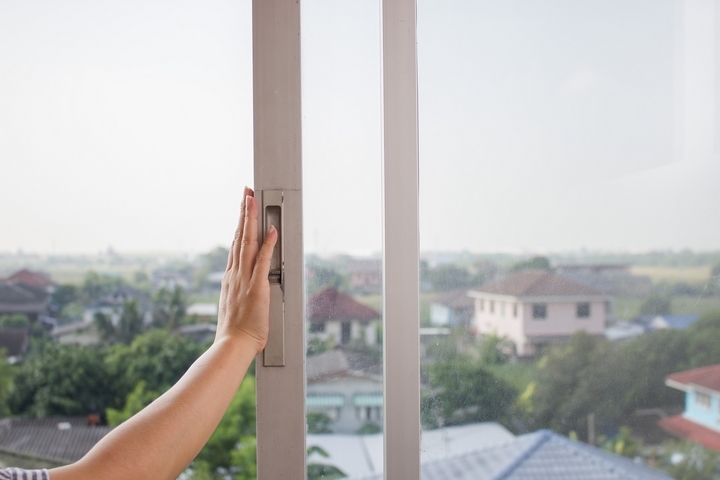
Sometimes we forget to close our windows and room doors when appliances such as the air conditioner or heater are in use. If they are left open, the cool or hot air being expelled from these machines travels outside the area we need them to cool down or heat up and is put to waste.
If we keep this in mind and create a closed space where the energy generated can stay put, we will reduce this power’s waste.
